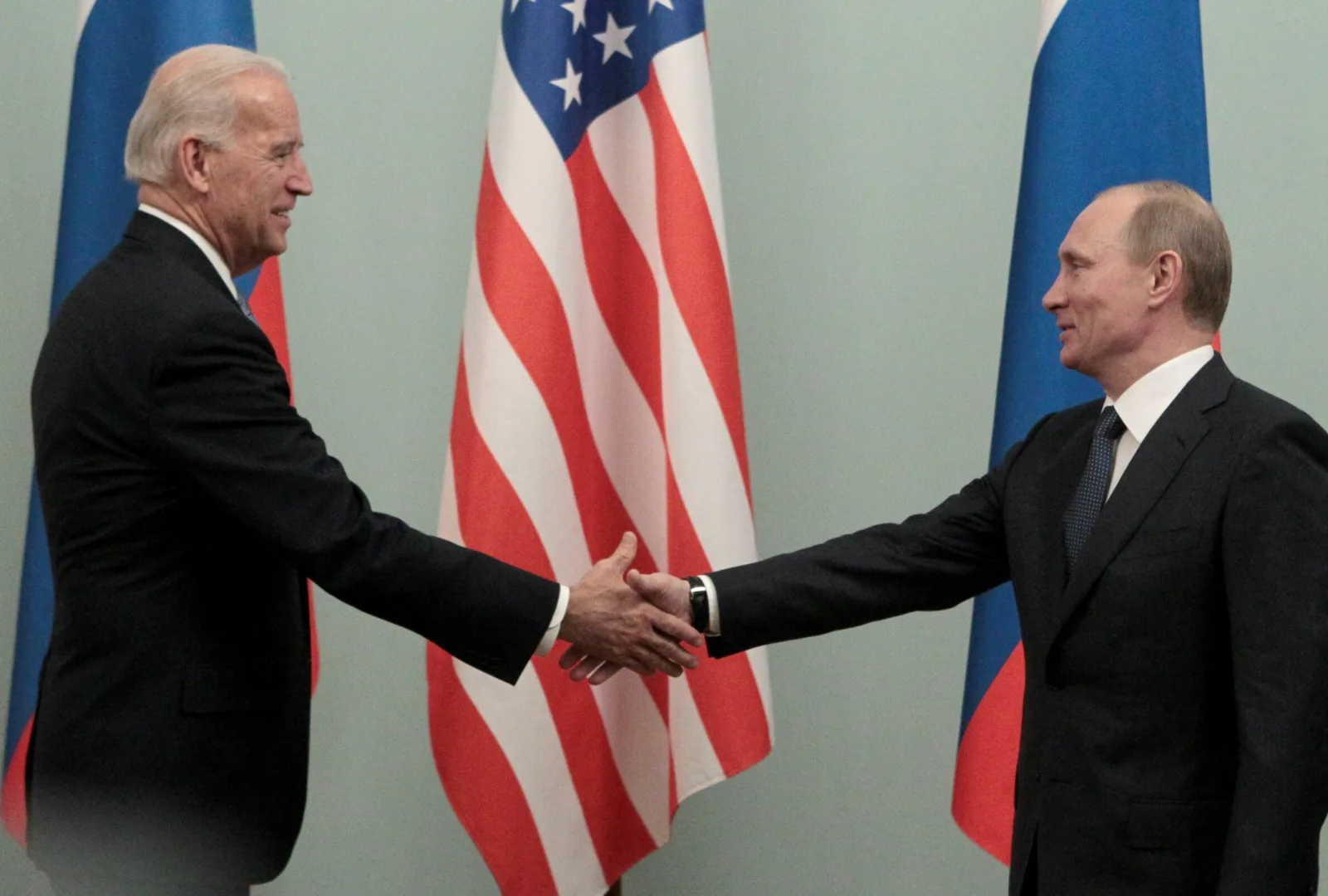The Biden-Putin Summit: Outcomes and Implications
A joint panel of the Quincy Institute for Responsible Statecraft and the American Committee for U.S.-Russia Accord (ACURA). The summit in Europe between presidents Joseph Biden and Vladimir Putin is perhaps the most important of all President Biden’s international meetings since he took office. The United States and Russia are bitterly divided over a number of key issues, and it has even been suggested that the situation in Ukraine could lead to actual war between them. On the other hand, the United States and Russia have certain vital interests in common: averting the threat of war, limiting nuclear weapons, combating terrorism, managing the aftermath of the U.S. military withdrawal from Afghanistan, and preventing catastrophic climate change. To review the summit, examine these issues, and make recommendations for future U.S. policy towards Russia, the Quincy Institute is delighted to host a joint panel of experts, commentators and public figures with the American Committee for U.S.-Russia Accord. The panel will feature former California Governor Jerry Brown; Katrina vanden Heuvel, editorial director and publisher of The Nation; and Joseph Cirincione, Distinguished Non-Resident Fellow at the Quincy Institute. Anatol Lieven, QI’s senior research fellow on Russia and Europe, will moderate.
Program
Topics
Panelists

Governor Jerry Brown
Jerry Brown was the 39th Governor of California. A Democrat, he served four non-consecutive terms in the state's chief executive office. Brown is the longest-serving governor in California history. He previously served as the 34th Governor of California, from 1975 to 1983. Brown's political career began during the late 1960s when he became active in both state and national politics through his efforts to organize migrant workers and anti-Vietnam War groups, followed by terms on the Los Angeles Community College Board of Trustees and as California Secretary of State. Since his retirement from politics, Brown has been active in efforts to fight climate change and improve U.S.-Russia relations.

Katrina vanden Heuvel
Katrina vanden Heuvel is editorial director and publisher of The Nation. She served as editor of the magazine from 1995 to 2019. She writes a weekly column for The Washington Post and is Vice-President of the American Committee for U.S.-Russia Accord. A frequent commentator on U.S. and international politics for ABC, MSNBC, CNN, and PBS, her articles have appeared in The New York Times, The Los Angeles Times and The Boston Globe. Vanden Heuvel is also the author of several books, including The Change I Believe In: Fighting for Progress in The Age of Obama, and co-author (with Stephen F. Cohen) of Voices of Glasnost: Interviews with Gorbachev’s Reformers

Joseph Cirincione
Joseph Cirincione is a Distinguished Non-Resident Fellow at the Quincy Institute and a national security analyst and author with over 35 years of experience working these issues in Washington, D.C. He is the author or editor of seven books, including Nuclear Nightmares: Securing the World before It Is Too Late and Bomb Scare: The History and Future of Nuclear Weapons. He served previously as president of Ploughshares Fund, a global security foundation, vice president for national security at the Center for American Progress and director for nonproliferation at the Carnegie Endowment for International Peace, among other positions.

Anatol Lieven (Moderator)
Anatol Lieven is senior research fellow on Russia and Europe at the Quincy Institute for Responsible Statecraft. He was formerly a professor at Georgetown University in Qatar and in the War Studies Department of King’s College London. He is a member of the academic board of the Valdai discussion club in Russia, and a member of the advisory committee of the South Asia Department of the British Foreign and Commonwealth Office. Lieven worked as a British journalist in South Asia, the former Soviet Union and Eastern Europe, and is author of several books on Russia and its neighbours. He holds a BA and PhD from Cambridge University in England.
